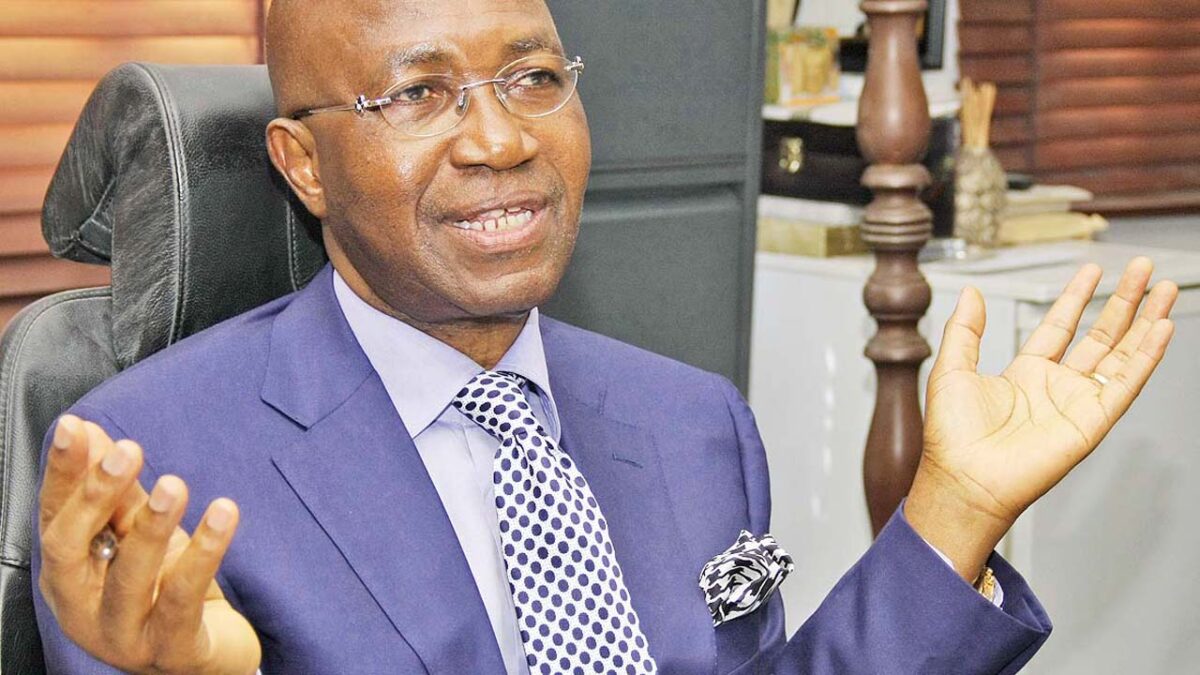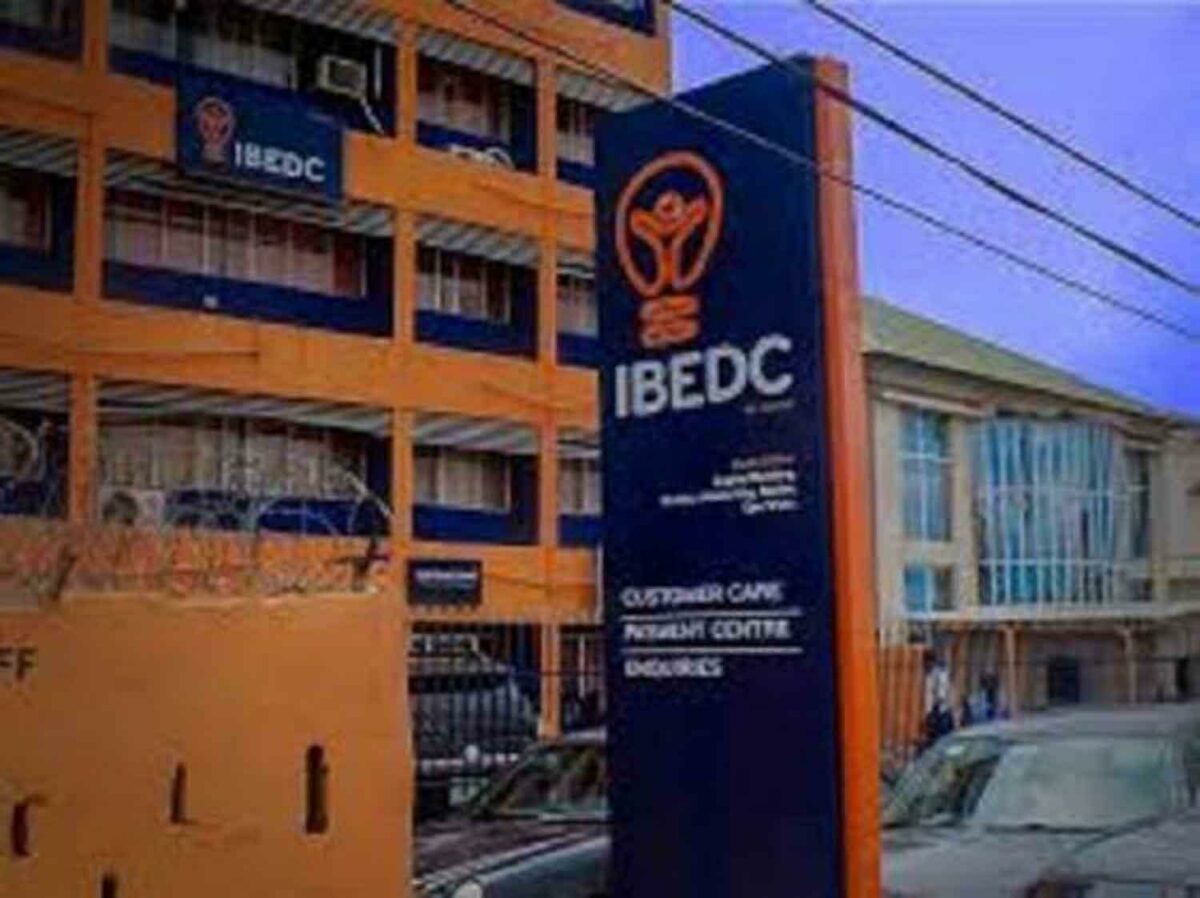The Centre for Democracy and Development (CDD), an African pro-democracy and research think tank, has said that despite obvious obstacles, there have been notable anti-corruption achievements in the last two decades in Nigeria.
In a new report, CDD said the passage of a critical anti-corruption legislation has revolutionised Nigeria’s anti-corruption landscape.
“Following the enactment of the Correctional Service Act in 2019, non-traditional tactics such as plea bargains, asset forfeitures, and non-custodial sentences have become ways to bypass bottlenecks, resulting in faster convictions and financial losses for those convicted of corruption,” the report reads in part.
READ ALSO: CDD Trains Journalists in Objective Conflict Reporting
CDD said the prosecution of several high-profile individuals like former governor Joshua Dariye in 2018 has conveyed a clear message to senior officials that they are not untouchable.
The human rights organisation also said that the Economic and Financial Crimes Commission (EFCC), Independent Corrupt Practices Commission (ICPC), and the Code of Conduct Bureau (CCB) are the agencies championing anti-corruption in Nigeria, with the EFCC playing the “most prominent and impactful role.”
Praising Nigeria’s anti-corruption agencies, CDD said their efforts have become more effective as practitioners adapt and innovate in response to the many challenges they face.
READ ALSO: White Paper Should Not Override Judicial Panel Report, CDD Tells Sanwo-Olu
However, CDD believes that Nigeria’s anti-corruption agencies’ potential has not been maximised. According to them, the agencies can achieve more “if they and Nigeria’s judiciary are better resourced and staffed, freed from political interference, and given a more coherent set of legal tools to work with.”
“Nigeria’s anti-corruption efforts have faced substantial obstacles. Political influence over corruption investigations and prosecutions has frequently slowed, derailed, or halted processes,” CDD said.
Recommending how to improve anti-corruption efforts in Nigeria, CDD said politicians should be required to publicly disclose their sources of income to foster accountability and develop public trust.
“Legislators should collaborate with anti-corruption agencies and commissions to enact legislation affecting the prosecution of corruption cases,” CDD stated.
Subscribe
Be the first to receive special investigative reports and features in your inbox.















